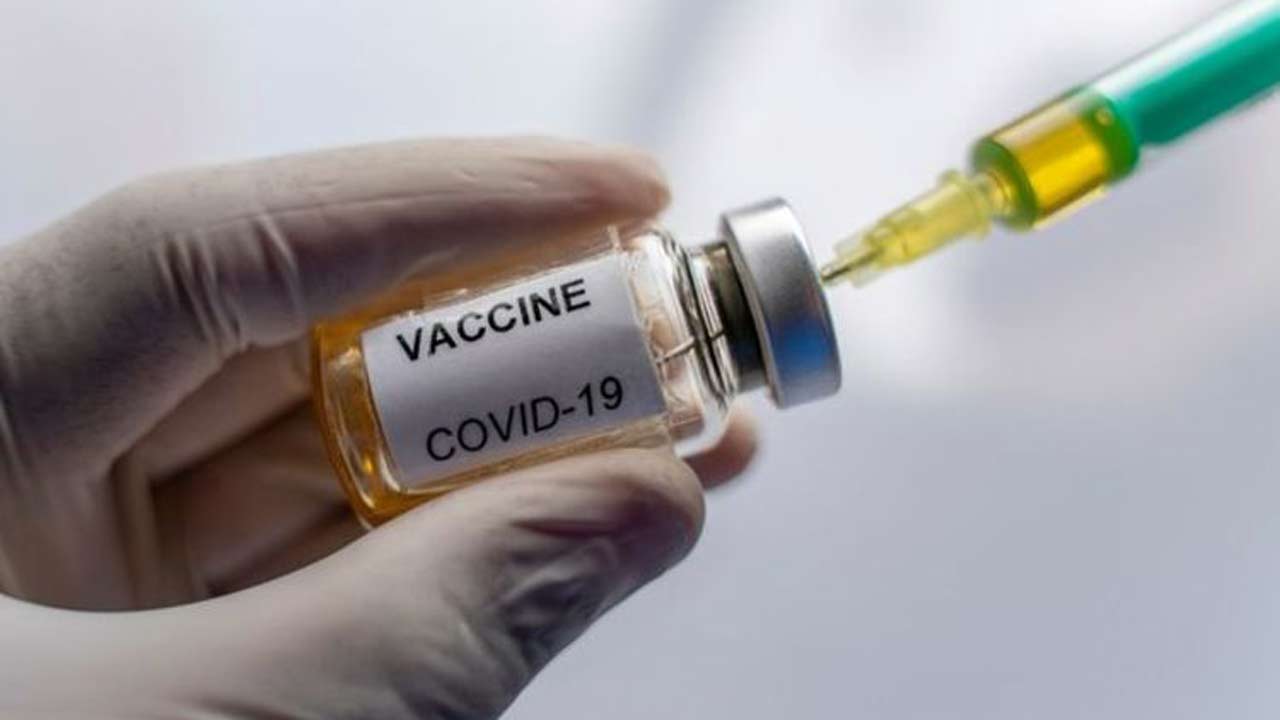Any animal can bite a human, regardless of whether they’re a family pet or a wild animal. Therefore, it’s important to know how to provide first aid for animal bites and when to seek additional medical care.
The primary concern with animal bites is bleeding and infection.
However, rabies can be transmitted through the bite of a rabid animal. The majority of reported rabies cases occur in wild animals, but any mammal (including humans) can get and transmit rabies. So, keep this in mind when dealing with an animal that is behaving strangely or if it bites unprovoked.
Here’s what you need to know about responding to an animal bite.
HOW TO PROVIDE CARE FOR AN ANIMAL BITE
Many animal bites can be treated at home, but some require immediate or additional medical care.
If the animal bite breaks the skin, start by washing the minor wound with soap and large amounts of running water to reduce the risk of infection. Then, take steps to control any bleeding by applying direct pressure to the wound and covering the area with a sterile dressing.
Seek additional medical care for the animal bite if:
The wound is more severe and requires stitches.
The injury needs additional wound cleaning or shows signs of infection (e.g. redness, warmth, drainage, swelling, increased pain, fever).
You suspect the animal could have rabies. Your healthcare provider may recommend rabies vaccination as this viral disease can be fatal.
Always call 911 if the animal bite results in severe bleeding or if the animal remains a danger to yourself or others.
SHOULD YOU CAPTURE AN ANIMAL WITH SIGNS OF RABIES?
You should consider the potential for rabies if you experience a bite from a bat, skunk, raccoon, fox, dog, cat or other mammal behaving strangely. But you should NOT attempt to capture an animal that you suspect may have rabies.
Scene safety is critical in this situation, and you may place yourself or others at risk by attempting to capture the animal.
Instead, contact animal control immediately.
Animal control services may be provided by your city, county or other local government agency. Check your local government’s website for animal control services contact information. You can also call your local non-emergency number to report an animal bite or a suspected rabid animal to the police.
GET TRAINING FOR BITES AND STINGS
Ever wonder what you should do if you’re bitten by a snake OR a dog? What about if your child is bitten by a rodent or stung by a scorpion?
CPR, AED and First Aid training can prepare you to respond to a variety of first aid scenarios that you might not always think about ahead of time. Contact a local HSI Training Center to learn more!





